TCC Wins HR Asia Best Companies to Work for in Asia for the Third Time, Earning High Recognition from Employees for Its Sustainable Workplace
TCC Wins HR Asia Best Companies to Work for in Asia for the Third Time, Earning High Recognition from Employees for Its Sustainable Workplace
2024.07.10
-
Copied
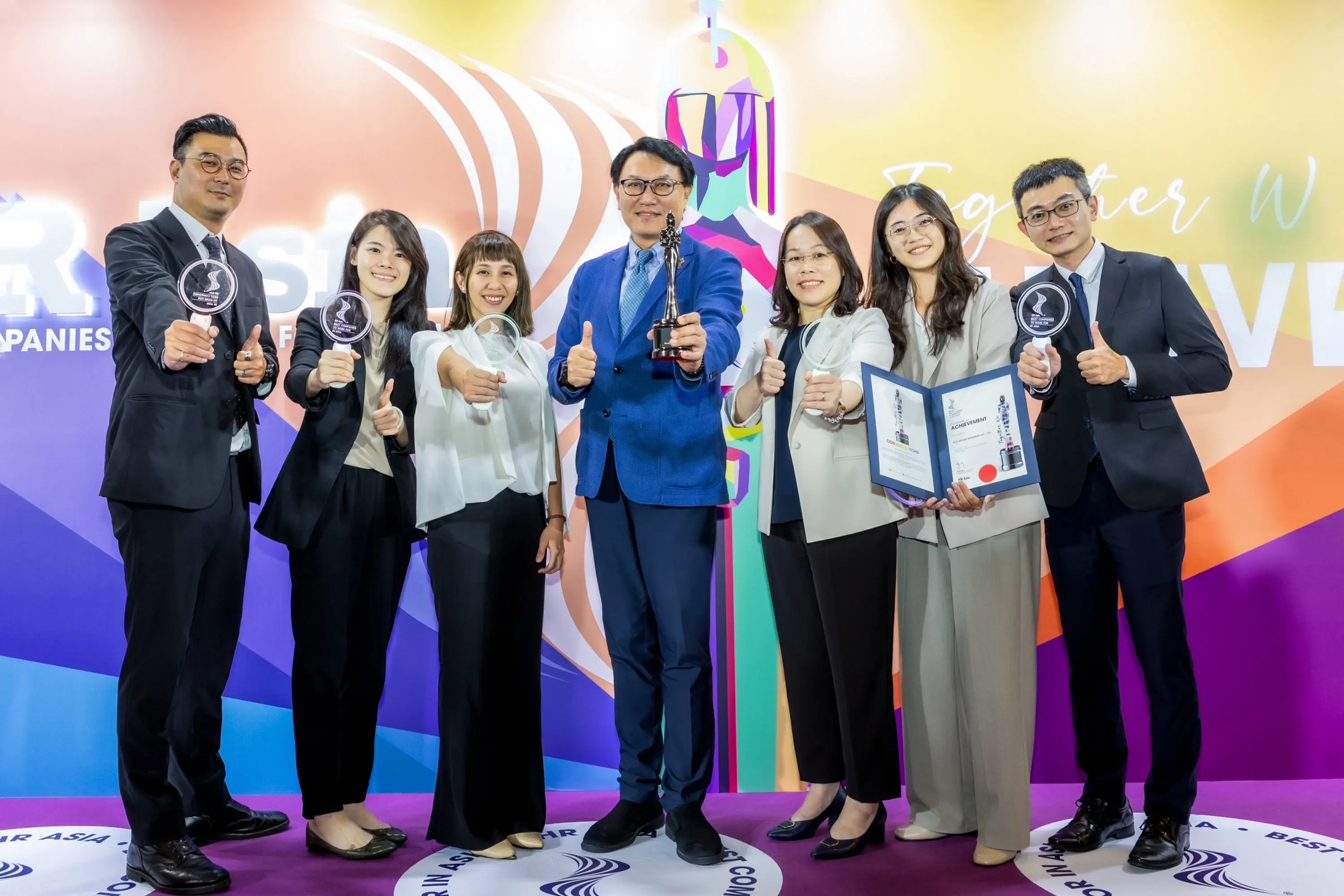
Talent development is key to TCC's sustainable management. Committed to creating a people-centric workplace, TCC has been awarded the 'Best Companies to Work for in Asia ' by the authoritative HR magazine HR Asia for the third time, with General Manager Roman Cheng accepting the award on behalf of the company. HR Asia employs the Total Engagement Assessment Model, evaluating employees feelings towards their employers through surveys and corporate reports. The evaluation results show that TCC scored significantly higher than the average of participating companies in the three dimensions of Core,Self and Group. In this year's newly added indicators by the organizers, including sustainable workplace, diversity, equity, inclusion (DEI), and corporate care, TCC's performance exceeded the industry average.
From laying the foundation of building materials to sustainable transformation and international expansion, TCC has evolved over 78 years. Today, it is a holding company spanning 11 industries, 47 nationalities, and six generations. Upholding the spirit of DEI,TCC prioritizes employee needs and addresses corporate talent structure issues through gender equality, generational integration, and racial inclusion.The company not only strives to enhance cooperation and interaction across business entities but also focuses on intergenerational value communication. TCC organizes various activities, such as Town Hall Meetings led by the Chairman, Christmas dinners with traditional Italian cuisine, and indigenous seasonal ceremonies, to help employees appreciate diverse cultures and foster cohesion.
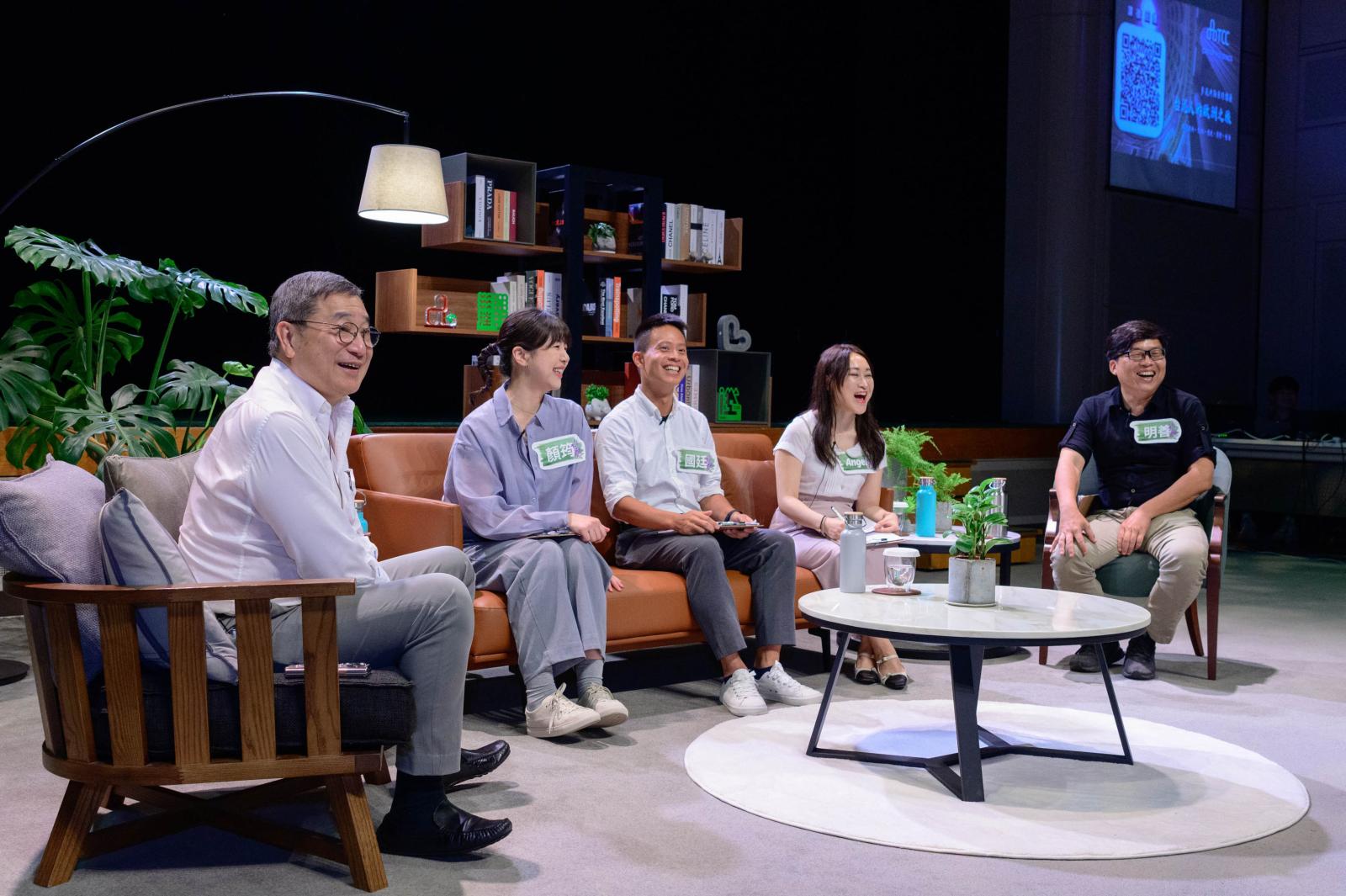
This year, TCC also launched the "Diversity and Inclusion Lecture Series," covering topics from humanities, history, lifestyle, environmental sustainability to current industry developments, aiming to promote cross-cultural interactions, generational integration, and career development for different genders. In the first lecture, Chairman Nelson Chang and colleagues from various TCC business units discussed "TCC People's Journey to Europe" through reading and discussion, exploring Europe's focus on climate change from perspectives of humanities, history, and cuisine. Facing questions from colleagues, Nelson Chang admitted that having been in the industry for 40 years, he only became acutely aware of the impact of carbon emissions on the planet after taking over TCC in 2017 and delving into extensive research. He hopes TCC can not only work hard to reduce carbon emissions but also serve as a benchmark for more companies. He encouraged his colleagues, saying, "What you do will affect yourselves and the next generation of the planet." In the HR Asia evaluation, TCC employees expressed strong recognition for the company's commitment to a sustainable workplace, including efforts to minimize production's environmental impact, invest in green energy, practice corporate governance, create an inclusive work environment, promote community involvement and integration, and implement sustainable procurement.
From knowledge to skills, TCC has comprehensively established a sustainable DNA, enhancing everyone's knowledge of sustainability. In 2023, TCC launched the "Sustainable Learning Action Program," encouraging employees to participate in various online and offline courses, workshops, and sustainability action proposal competitions. In response to the global net-zero target and industry transformation needs, carbon knowledge and skills have become crucial. TCC has also established the "Carbon Academy," offering a complete learning map and encouraging employees to enhance their value through self-improvement. The training content ranges from basic greenhouse gas inventory courses to advanced courses on engineering carbon footprint and international carbon regulations. Employees can freely register and use work time for learning, with classes filling up quickly and a course satisfaction rate of 96.2%.
More Related Information
-
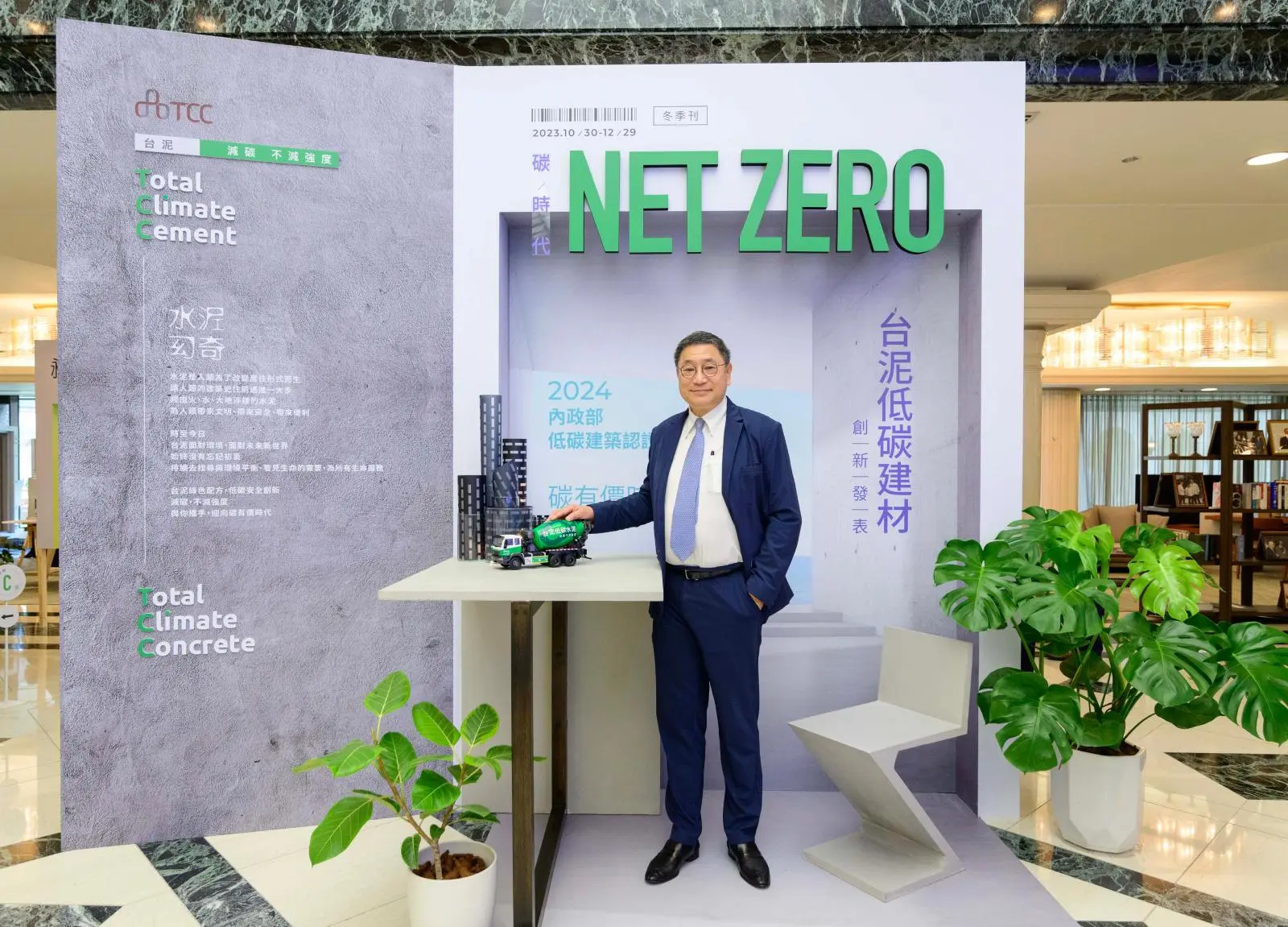 2024.07.09TCC Group Holdings Co. Ltd. Assigned 'BBB-' Issuer Credit Rating; Outlook Stable from S&P, One of the Big Three Global Credit Rating Agencies
2024.07.09TCC Group Holdings Co. Ltd. Assigned 'BBB-' Issuer Credit Rating; Outlook Stable from S&P, One of the Big Three Global Credit Rating Agencies -
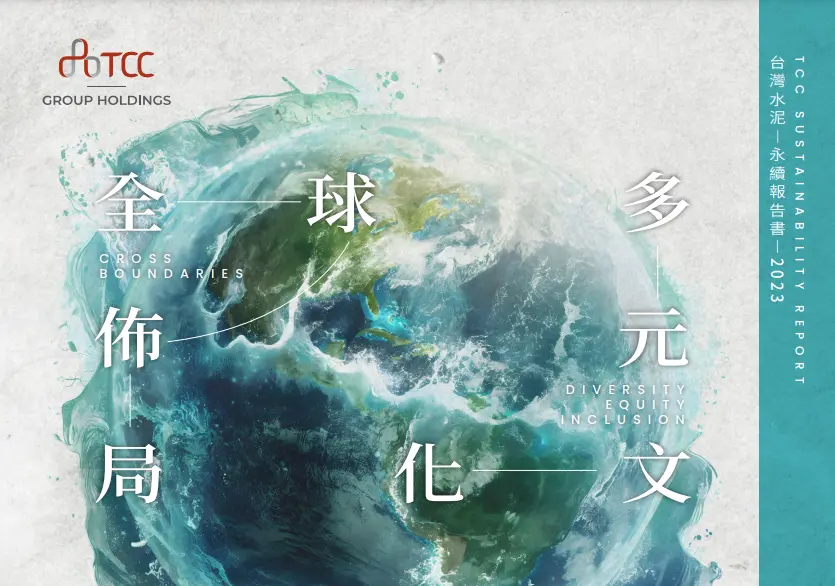 2024.07.01TCC Group Holdings Releases Latest Sustainability Report Reveals Increase in Sustainable and Green Financing Inflows by NT$ 30.8 Billion
2024.07.01TCC Group Holdings Releases Latest Sustainability Report Reveals Increase in Sustainable and Green Financing Inflows by NT$ 30.8 Billion -
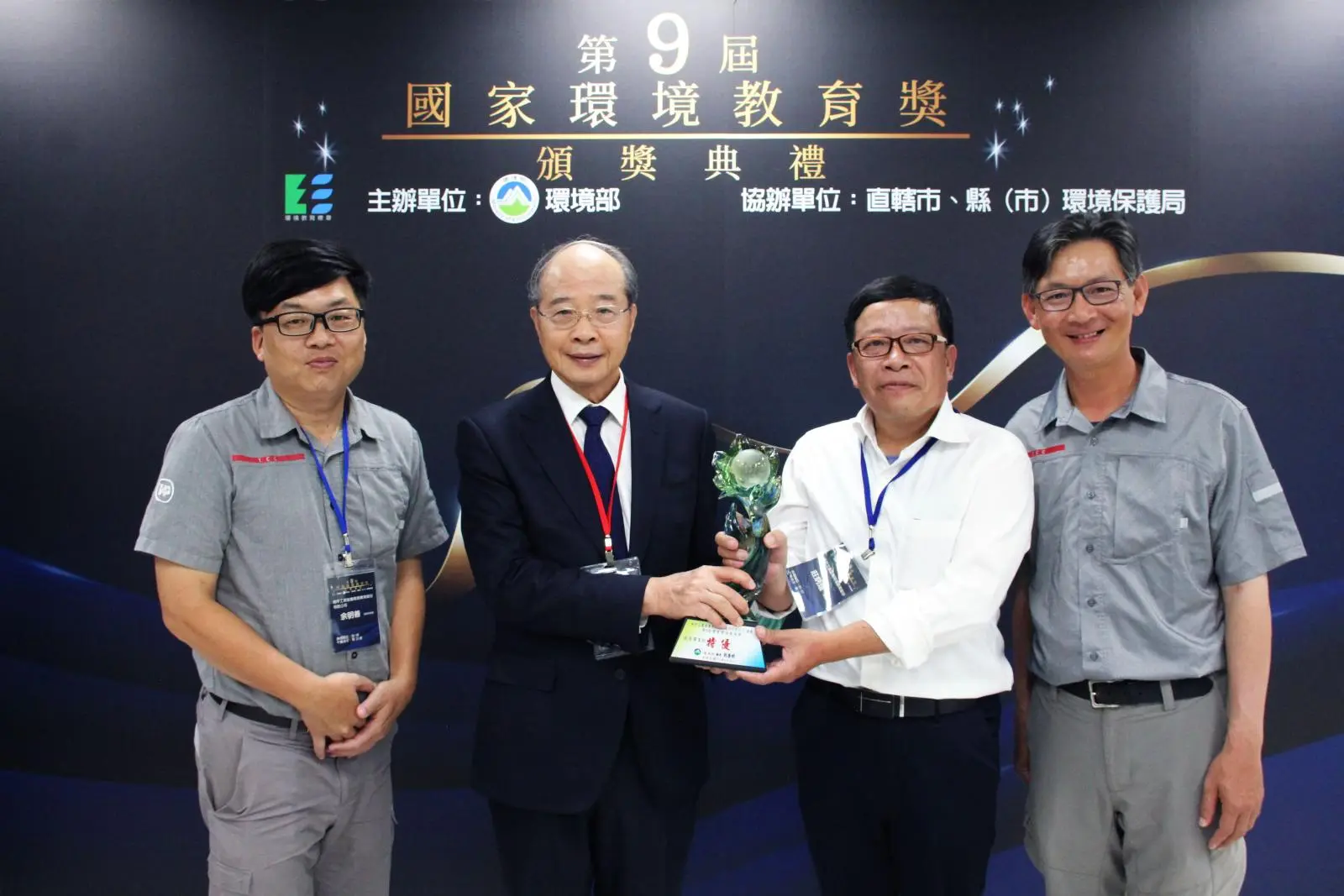 2024.06.26Utilizing Environmental Education to Create Environmental Niches Heping Industrial Port of TCC Wins the National Environmental Education Award in the Corporate Category
2024.06.26Utilizing Environmental Education to Create Environmental Niches Heping Industrial Port of TCC Wins the National Environmental Education Award in the Corporate Category


